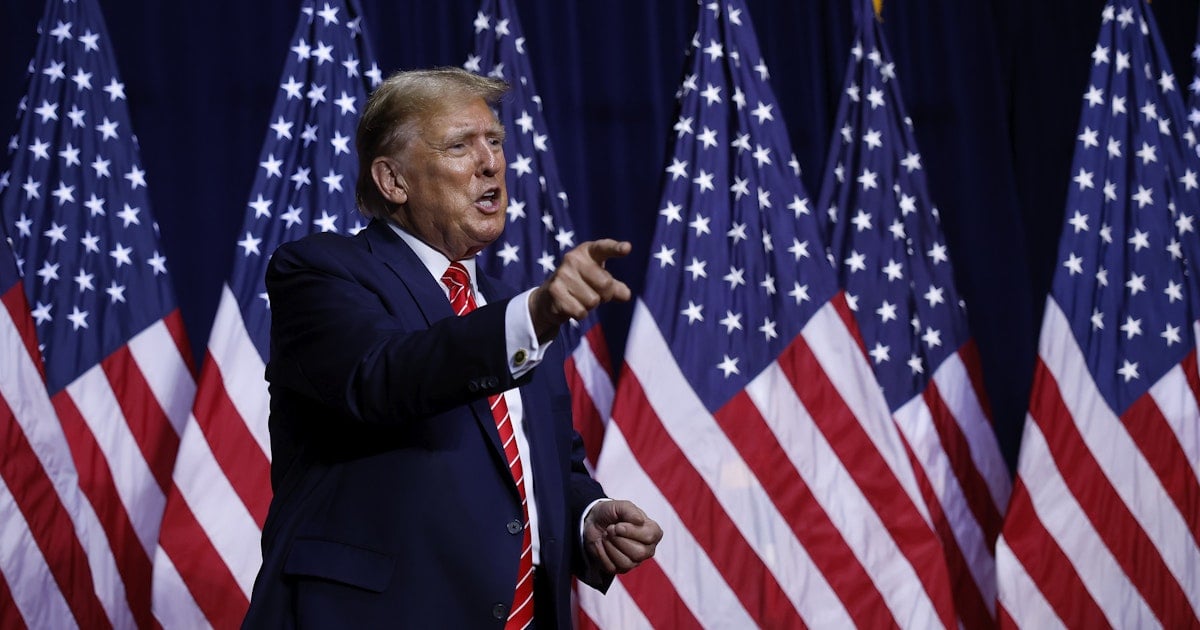Donald Trump has no idea how to post bond in the fraud trial—and he’s absolutely losing it.
In just shy of a week, Donald Trump’s $454 million judgment from his New York bank fraud trial will become collectible, either by way of liquid cash or financial assets—and it has officially sent Trump into meltdown mode.
The notoriously sleep-deprived GOP presidential nominee spent the better part of Monday night shouting into the void about the massive, half-billion-dollar judgment and his apparent inability to pay it off, bemoaning being required to follow the law before being allowed to appeal the case.
“I would be forced to mortgage or sell Great Assets, perhaps at Fire Sale prices, and if and when I win the Appeal, they would be gone. Does that make sense? WITCH HUNT. ELECTION INTERFERENCE!” Trump posted Tuesday morning.
“I shouldn’t have to put up any money, being forced by the Corrupt Judge and AG, until the end of the appeal. That’s the way system works!” he added, forgetting that he’s being held to the same standards as every private citizen.



That’s not quite right.
If you buy something for 300m, with 200m in loans, and sell it for 250m, you pay the loan back first, and have 50m in losses. Your taxes go down.
He only pays tax on gains.
Remember the whole case is him inflating property value to get loans. Between the fire sale, and the bad loans, it’s very likely he has little to no equity. He could sell all he has and not have any money to pay the $500m (plus interest.) Which also means little to no tax burden.
Right…
If he sells for less then he has a loan on, he still owes the money, and without the property as collateral, the lender is going to collect.
If they forgive the debt, that counts as earnings and is taxed.
So it would either force more sales to pay remaining loans, or it’s forgiven and taxable income goes up
But if he bought it for cheap, and got a loan on the property after the fact, or realistically, he held them for long enough then leveraged their new worth for other things, and hasn’t paid any gains on the properties
He was on trial for taking loans on fake gains.